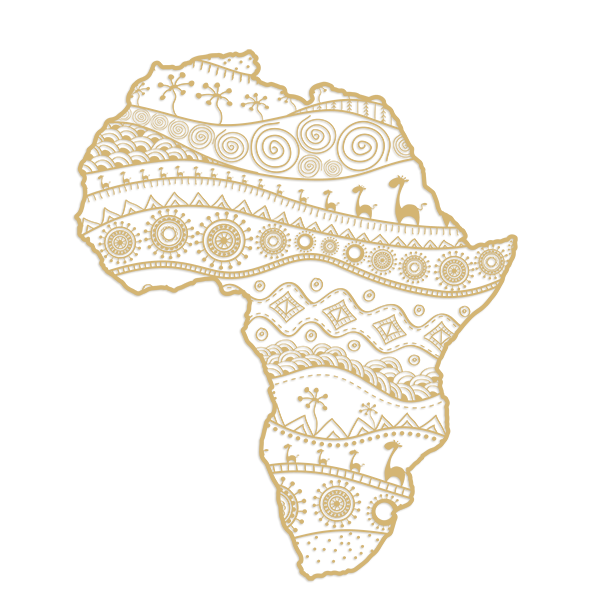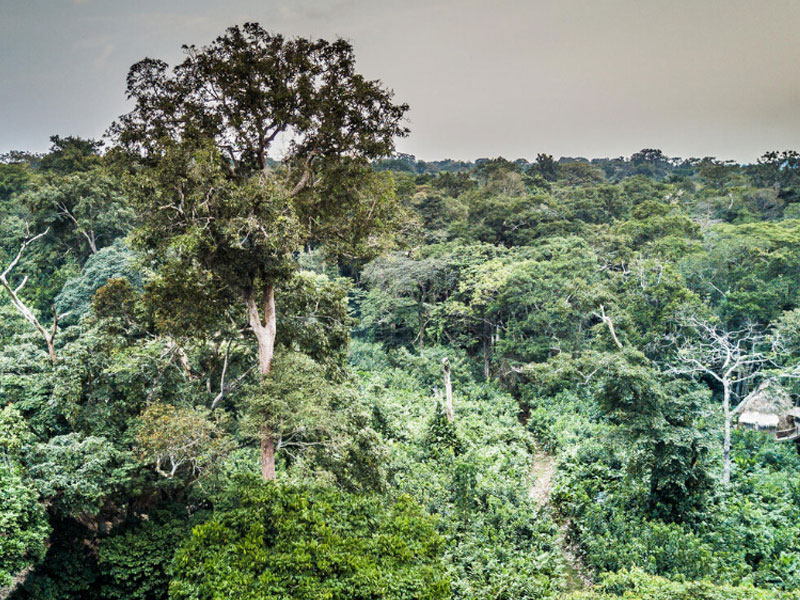
African Parks’ Follow Up Response to Allegations of Human Rights Abuses In Odzala-Kokoua National Park, Republic Of Congo

In early June 2023, African Parks received communication of alleged human rights abuses against Baka community members near Odzala-Kokoua National Park, which were subsequently published in the media on 27th January 2024. These allegations are shocking and distressing, and have had our full attention since we were made aware of them in June last year.
Several immediate actions have been taken since June, including the verification of the alleged incidents against our existing grievance register, as well as the commissioning of an independent legal investigation. Thus far we have not found any records to substantiate claims of prior notification of such allegations.
African Parks has a zero-tolerance policy of human rights abuses and is committed to upholding the rights of local and indigenous people, as well as national conservation regulations. Policies and procedures are in place to prevent abuses. The scale of the organisation and the complexity of the areas in which we work, unfortunately can result in incidents, despite our best efforts. If they do occur, African Parks has channels for reporting of grievances and procedures for their investigation and resolution.
There are multiple layers designed to ensure we operate as professionally as possible. These include:
- Standard Operating Procedures: African Parks has had comprehensive Law Enforcement SOPs in place since 2015, which have undergone regular updates, as well as external review. These SOPs set the expectation of all staff and all operations.
- Training: Law enforcement personnel are trained in accordance with the SOPs, including in human rights, and receive refresher training every year.
- Management and responsibility: African Parks has a chain of command across the entire portfolio of parks, which ensures clear decision making, especially regarding law enforcement, and therefore accountability for all actions.
- Grievance Mechanism: Unfortunately, when individual staff members operate outside of the above framework, incidents can arise. African Parks has a set of grievance mechanisms in place to ensure that these do not go unreported and therefore unmanaged. Since 2020, Odzala has employed a social safeguards manager and has had a partnership with a local human rights NGO, as an additional safeguard.
In response to the allegations made in June last year, African Parks has taken the following specific actions, beyond the above-mentioned mechanisms, and routine audits of training records and grievance channels:
- The African Parks Board has commissioned an independent investigation by a London based legal firm (Omnia Strategy LLP), in partnership with two specialist human rights legal counsels from Doughty Street Chambers, to investigate all the allegations. While we understand the desire for expediency, it is a priority that the investigation is done in conformity with applicable international standards and best practices.
- Conducted a thorough cross examination of all allegations received against our register of known grievances, to understand which grievances we were already aware of and had been resolved, and which are allegations that we were not aware of. Two are known incidents that have both been investigated in the past, the rangers involved fired and handed over to the national law enforcement authorities for prosecution.
- Engaged a specialist Baka anthropologist to assist the park team in building on our existing understanding of the social context of indigenous people around Odzala, in an effort to develop an improved Baka engagement strategy, as well as to determine opportunities for better integrating the Baka into park operations.
To ensure access to redress, African Parks relies on any individual with knowledge of potential abuses to share the necessary details – either with African Parks or the national law enforcement authorities. This enables swift action to be taken. Reported allegations are investigated and, where they are found to be true, African Parks takes accountability for the actions of its employees and agents, ensuring a full disciplinary process, and if appropriate, referral to the local law enforcement authorities. This grievance management process has been effectively applied on previous occasions in Odzala.
It is our view that withholding of relevant information about potential abuses, as well as the publication of confidential or sensitive information (such as the names and images of victims) is tantamount to a second abuse of the victim.
A central tenet of criticism is that indigenous people and local communities are denied use and access rights to natural resources in protected areas. Traditional use and access rights are normally protected under national law, encoded in local park policies, and with the park management authority responsible for compliance therewith. African Parks currently manages 22 protected areas in 12 different countries in Africa. Of the areas under our management, 50% have people living inside the boundaries of the mandated area, amounting to over 500,000 people. Similarly, in 90% of the mandated areas, local communities are allowed to access some form of natural resources (e.g. non-timber forest products, grazing, fishing), in accordance with national regulations.
Regarding Odzala specifically, the park is 3.3 million acres in size, with three distinct zones. Approximately 10,000 people (both Bantu and Indigenous groups) live in 54 villages around the park. These local communities have use rights in two of these zones, which amounts to an area of 1.1 million acres (25% the size of Wales). This includes hunting rights, harvesting of flora and honey, access to medicinal plants, fruit, wood and other forest products. The third zone (core) of the park can be accessed by rights-holders for certain uses, such as local and traditional cultural practices.
Naturally there are regulations to ensure sustainable offtake and to prevent misuse of these traditional use rights by commercial operations (including commercial logging, commercial poaching, and mining, among others). In line with national legislation, there are no commercial mining or logging operations inside Odzala. Protection of the park from unsustainable use, typically for commercial reasons, requires a holistic management approach. These protection efforts are necessary for sustaining this system for the ongoing benefit of local communities, as well as humanity at large.
While the journey ahead may be difficult for the organisation, we are committed to ensuring that every element of what we do is conducted with rigour, integrity, and discipline. We appreciate the desire for swift and immediate action beyond the above. It is however important that this is done in a systematic and professional manner, with due sensitivity to all people concerned, particularly the alleged victims, and without compromising the quality or independence of the legal investigation. African Parks will share further updates as soon as we are able to.
02 February 2024
Article Source: African Parks

